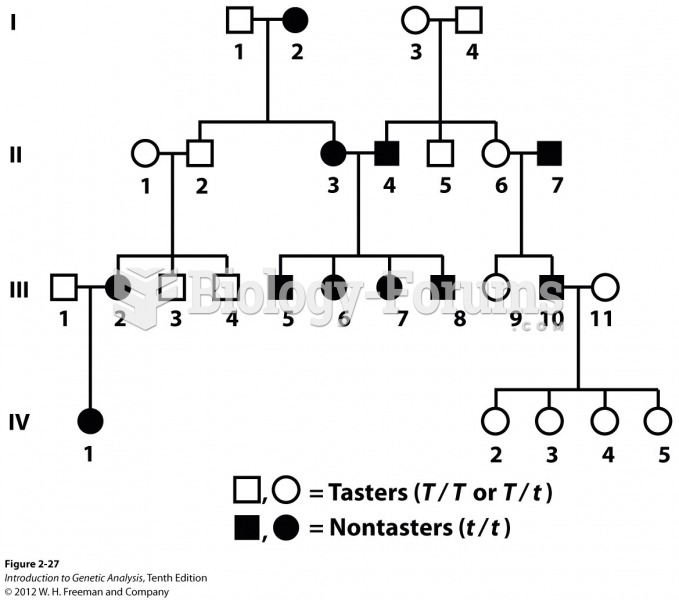Question 1
Explain the major response types used in supportive listening. Provide the key advantages and disadvantages for each response type.
Question 2
Mini-Case: Investing in the 90s. Your inheritance from your Uncle Bruce has just arrived. You have decided to invest the $5,000. The following conversation took place with John, Morgan, and Ivan. Talking to John, "I can't believe Uncle Bruce left me $5,000. Geez ... that's a good chunk of change. So John, what would you do?" John smiles and says, "Plastics!" Now laughing, he says, "No, not really. I think I would place my money in a mutual fund." Morgan, who has just walked up, remarks, "Well, when I won $1,000 last year from playing blackjack, I placed my money into T-bills. The market is overpriced. I'm waiting for the correction." Ivan nods his head in agreement and then asks you, "What is it that you want to accomplish with the money?" You respond, "I want to be rich!!!" Ivan closes his eyes and asks, "Do you want to be rich now or in five years? Are you looking long term or short term?" Frustrated, you say, "This is hard, maybe I should hit the track and have a very good time." All chime in and say, "Once again, what is it that you want your money to do?"
Several response types are illustrated in this story of what to do with your $5,000 inheritance. For each of the following situations, indicate the response type that most likely occurred. Provide support for your answer.
Situation #1: John's response to your question is an example of which response type?
Situation #2: Which response type characterizes Morgan's comment?
Situation #3: Ivan's comment, "What is it that you want to accomplish with your money?" represents which response type?
Situation #4: Ivan's second comment concerning whether you want to be rich now or later—is the investment long term or short term—is an example of which response type?
Situation #5: When all the characters respond in unison to your frustration, this is an example of which response type?







